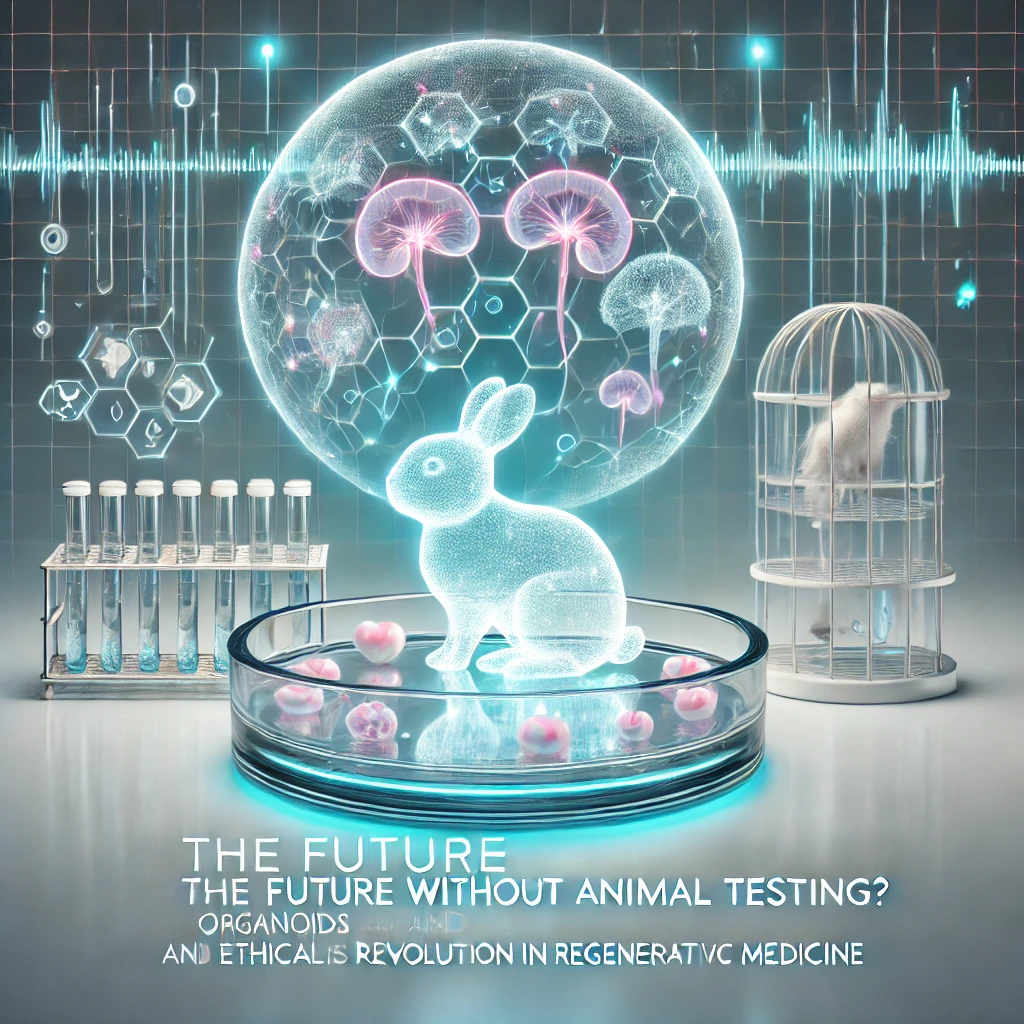Introduction
Recently, major news has emerged in the field of regenerative medicine. Japan Tissue Engineering Co., Ltd. (J-TEC) announced that it has acquired a patent related to “organoids” (mini-organs) from Takara Bio. This is not merely a transfer of technology between companies—it holds the potential to transform the future of the pharmaceutical and cosmetics industries as a whole.
What Are Organoids?
Organoids are artificially created “mini-organs” developed using iPS cells and other stem cells. While small in size, they replicate the structure and function of real organs. In recent years, organoids have gained attention as a new research tool, particularly as a promising alternative to animal testing.
Why the Sudden Spotlight?
Globally, there is growing momentum to reevaluate animal testing from the perspective of animal welfare. In Europe, animal testing for cosmetics has already been banned, and the pharmaceutical industry is also being urged to adopt alternative technologies. Against this backdrop, J-TEC’s acquisition of this patent marks a strategic step that aligns with the demands of the times.
The Potential of a Japan-Originated Innovation
This newly acquired patent particularly highlights technology for intestinal organoids. Moving forward, the goal is to scale up production and reduce costs, with the aim of product commercialization by 2026. If stable domestic supply can be achieved in Japan, expansion into the U.S. and European markets may follow. This suggests that Japan-origin regenerative medicine technologies could potentially lead the global market.
A Bridge Between Ethics and Science
This technology is more than just a business innovation—it should also be seen as a bridge connecting ethics and science. It presents an opportunity to fundamentally rethink research practices that have historically relied on animal sacrifice. The day when the medicines and cosmetics we use are developed without the need for animal testing may be closer than we think.
Conclusion
J-TEC’s acquisition of the organoid patent is not only a technological breakthrough, but also a socially significant advancement. As the path toward commercialization and market expansion draws attention, perhaps it’s also a timely opportunity for each of us to reflect on the future of science and ethics.

